🚄 NFT Train Tickets from Indian Railways: A Digital Transformation
This year, Indian Railways is embarking on an innovative journey by offering train tickets as non-fungible tokens (NFTs) for attendees of the MahaKumbh Mela, a significant Hindu gathering that occurs once every 144 years. By collaborating with Chaincode Consulting, the Indian Railway Catering and Tourism Corporation (IRCTC) aims to enhance the traveling experience for millions of pilgrims during this momentous occasion.
🔗 Embracing Technology: Partnership with Chaincode Consulting
A partnership has emerged between Chaincode Consulting and IRCTC, marking a progressive step towards transforming the ticketing landscape for spiritual journeys. The tickets will be created on the Polygon blockchain, known for its rapid processing abilities and minimal transaction fees. This approach not only emphasizes scalability but also underlines a commitment to eco-friendly practices.
Alok Gupta, the CEO of Chaincode Consulting, emphasized the significance of this initiative by stating, “By collaborating with IRCTC and utilizing the Polygon blockchain, we are facilitating a digital-first experience that aligns with the rich spiritual customs of the MahaKumbh, while simultaneously introducing a new dimension of engagement through NFTs.”
🎟️ Ticket Accessibility and Cultural Significance
The NFT tickets will be obtainable through the NFTtrace platform, a service dedicated to ensuring real-world asset accessibility and traceability. The MahaKumbh Mela attracts millions of devotees globally, with an estimated 1.2 million train tickets booked every day through the IRCTC portal.
- Enhances participation in the festival
- Showcases India’s cultural heritage
The Kumbh Mela, which takes place every 12 years and is recognized by UNESCO as an Intangible Cultural Heritage, has a rich history of attracting numerous distinguished figures, including the Dalai Lama and Richard Gere.
🌍 Previous Experiments and Future Prospects
In the preceding year, Indian Railways trialed NFT-based tickets during the Holi festival, branding the initiative as a tribute to the vibrant culture of Lucknow and Delhi. This system is built on blockchain technology, providing secure validation of ticket authenticity for both the authorities and passengers alike.
Transaction records will reside on the Hyperledger blockchain, ensuring transparency through smart contracts. This systematic approach allows for reliable audit trails and mitigates the concerns around ticket fraud.
📜 Navigating India’s Complex Crypto Landscape
Simultaneously, it is essential to recognize India’s intricate relationship with cryptocurrencies. The economic policies set in motion over the past few years have painted a somewhat vague picture regarding crypto regulation in the country. In 2022, the Indian government implemented a taxing structure that levied a flat 30% tax rate on any income deriving from the transfer of cryptocurrencies and virtual digital assets (VDAs), with very limited deductions allowed.
A Tax Deducted at Source (TDS) policy of 1% became applicable on transactions exceeding ₹10,000 in a financial year, leading to significantly diminished liquidity within the market ecosystem. As part of its G20 presidency in 2023, India endeavored to establish a consensus on cryptocurrency regulations globally, successfully obtaining agreement from all member nations on shared guidelines.
⚖️ Ongoing Challenges and Regulatory Evolution
Despite this progress, the country continues to struggle with rigid crypto tax protocols. During the recent fiscal budget presentation for 2024-2025, Finance Minister Nirmala Sitharaman not only reaffirmed the controversial cryptocurrency tax rules but did so despite vigorous lobbying from the crypto sector. Advocates had provided compelling evidence to request a reduction of the TDS from 1% to 0.01%, but the existing regulations persist unchanged.
Notably, global exchanges such as Bybit have begun revisiting their operational strategies in India, recently announcing a temporary suspension of trading services in light of the dynamic regulatory environment. This type of evolution in regulatory practices reflects the broader challenges faced by the crypto industry in navigating compliance and operational viability in India.
🔥 Hot Take: The Path Ahead for Digital Initiatives in India
As this year unfolds, the rollout of NFT train tickets exemplifies a significant modernization trend within India’s transportation sector while enhancing cultural participation.
However, the contrasting regulatory landscape poses ongoing challenges for the crypto industry in the country. The collaboration between blockchain technology and traditional institutions marks an exciting intersection of modernity and heritage, highlighting how innovation can evolve in a complex regulatory framework.
- Balancing tradition with innovation is crucial.
- Continuous dialogue between regulators and the crypto industry may yield a more favorable environment.
The path ahead promises innovation, but it requires careful navigation to ensure that emerging technologies can thrive within a robust regulatory framework.

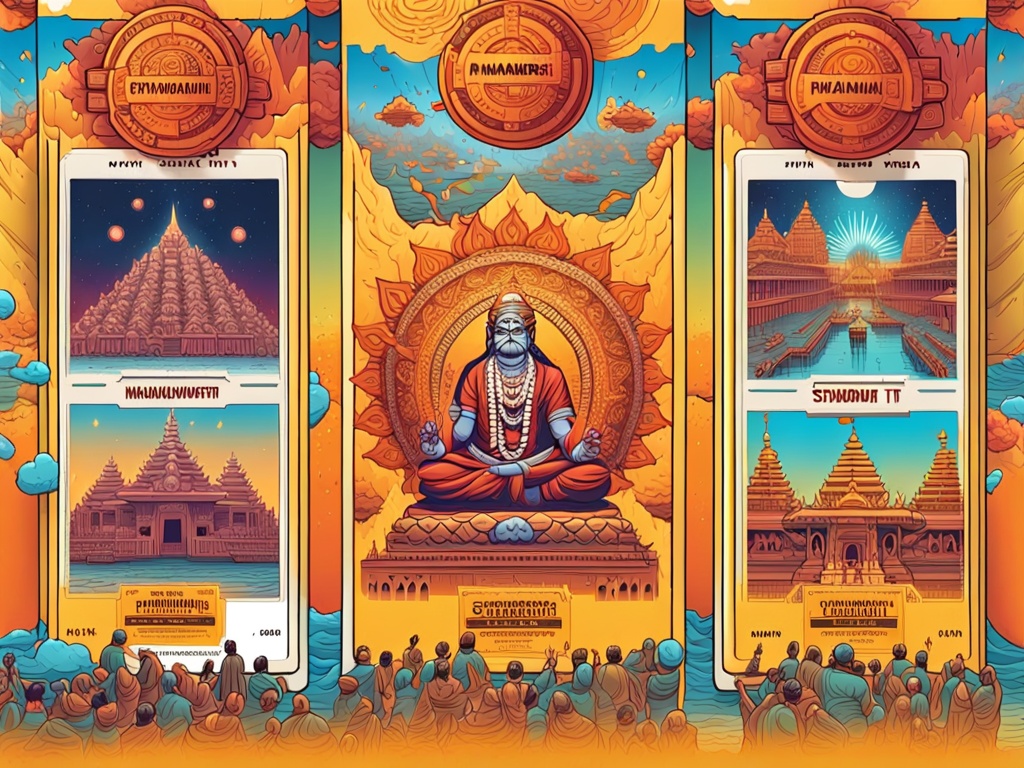
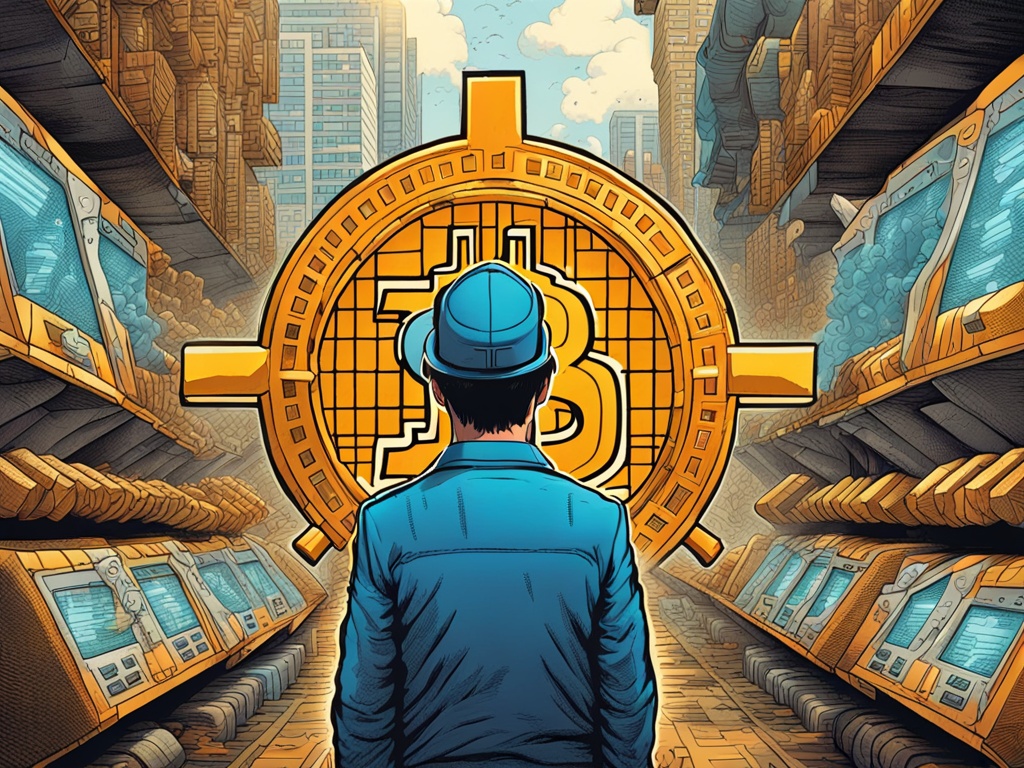
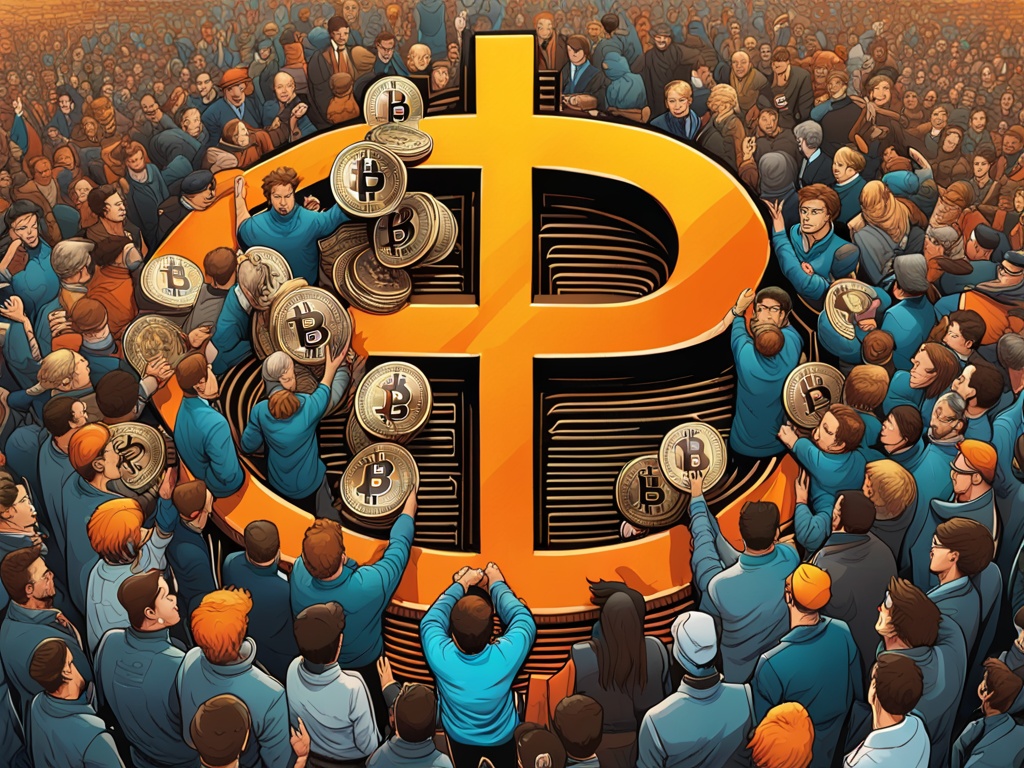
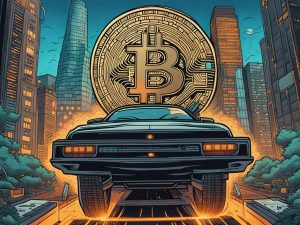
 By
By
 By
By
 By
By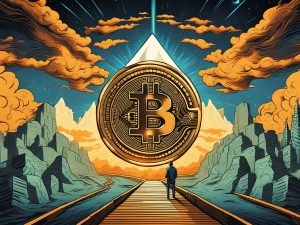

 By
By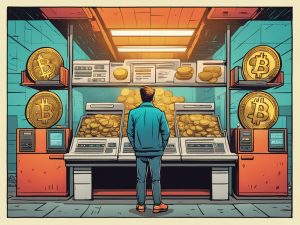
 By
By